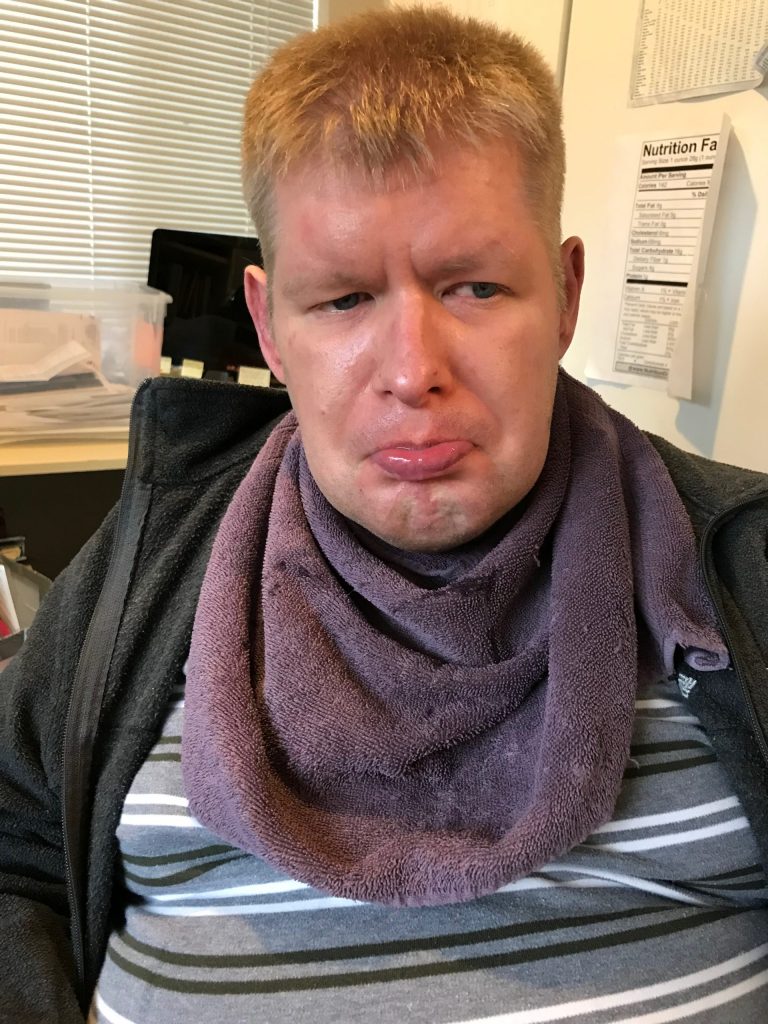It seems that there are daily opportunities for me to become offended. Bad drivers in traffic stress me out, people in grocery store lines say rude things, phone solicitation sales personnel try and scam me , the list goes on and on. In each of these situations I can easily rationalize or justify my strong emotional reaction, as I get mad. However, the other day I was talking to a 4th grader (age 10 if you aren’t familiar with the US elementary grade levels), and I was taught a valuable life lesson.
She told me that her parents and her teacher had taught her that she could choose whether she was going to be offended or not. She explained that the other people can’t make you get angry, no matter what they did. She said, that it is our own choice to be angry and be offended. I told her that I had been on the planet 50 years longer than her 10 years and I didn’t always remember that. “Well you should.” she said. And she is right. We can choose to overlook slights and rise above the experience.
Typically, Nick is a great example of not taking offense. He usually is kind and loving to others, but sometimes even Nick gets upset at perceived slights. He might be accusing someone of doing his job at church, or saying that one of his nephews took his favorite airplane when he can’t find it. Arden and I smile and counsel him that he is not being correct. We tell him that no one has done him wrong. Some days it is harder to convince him than other days.
I believe that this is a common human experience. Stuff happens to us and we naturally experience strong emotions. Then, we each get to decide our response when faced with these situations. Some of our responses are habitual, conditioned reactions to common experiences. We shake our fists and we might even swear at other drivers. Perhaps, that is what we saw our parents do, so we do it too.
At other times, our emotional responses serve as a form of self protection. Our self doubt and lack of confidence can help create automatic emotional responses. These responses are based on our life experiences and our values. However, we need to remember that our values can be redefined by consciously directing our thoughts to them. Ask yourself, why was I angry? Give an answer, then ask again, why was I angry? Keep on asking, and you will get closer and closer to the heart of the problem.
Justin Chase, founder of the Center for the Pursuit of Happiness, explains, “The key is to ensure that your values are rooted firmly in reality, and to reframe your perspective in challenging situations. You can’t just decide to change your anger into happiness, but you can decide what makes you angry, based on your values.”
Eleanor Roosevelt said, “No one can make you feel inferior without your consent.” We cannot control the behavior of others, they can be inconsiderate and hurtful. Emotions are natural chemical responses to stimuli that we can’t control, but we can determine how we will act. David Bednar said, “If a person says or does something that we consider offensive, our first obligation is to refuse to take offense and then communicate privately, honestly, and directly with that individual. I echo the words of the Master when He declared, “These things have I spoken unto you, that ye should not be offended” (John 16:1).”
I am working on following the advice of my 10 year old friend. I am learning to refuse to take offense. Please share your thoughts with me.
Please share this blog with others. In order to get a book agent and work with a publisher, I need to increase the readership of my blog and you can help.
If you want to get a copy of the book about my journey with Nick as soon as it is available, click here to sign up.


